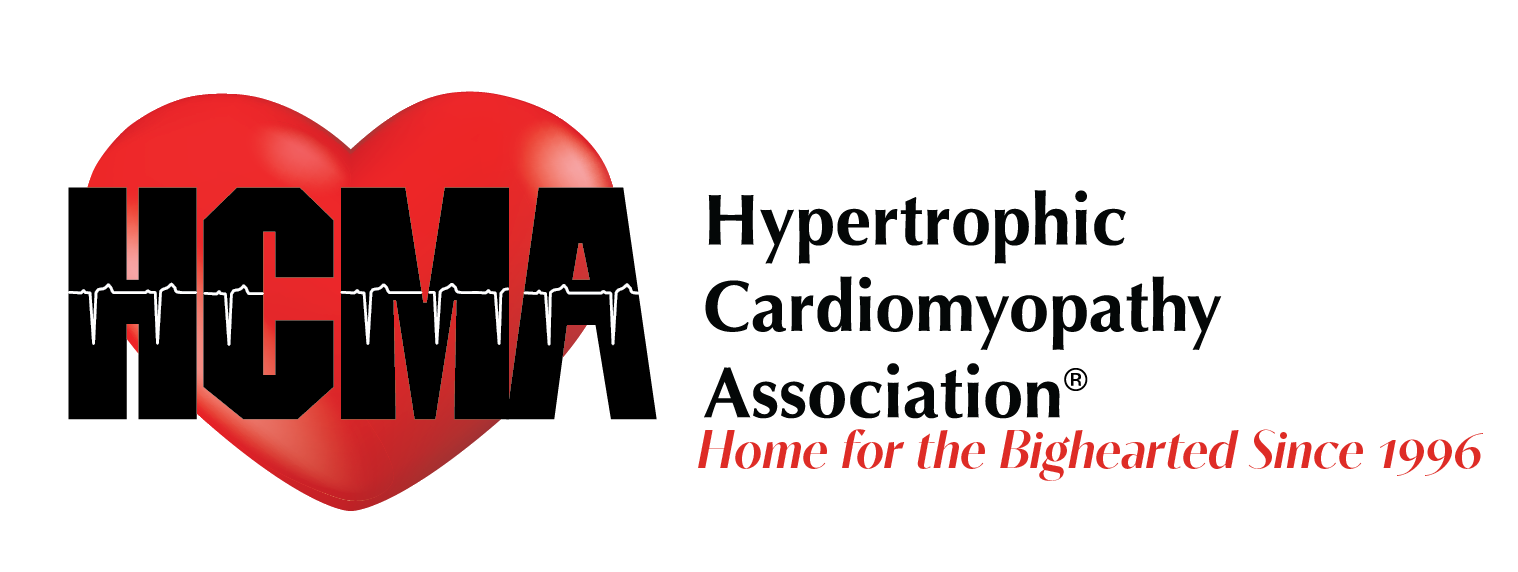
Between 1 in 250 to 1 in 500 people are impacted by Hypertrophic Cardiomyopathy, a genetic heart condition that took the life of Lisa Salberg’s sister. Lisa, her daughter and many other family members live with this condition. That’s why she’s dedicated her life to advocacy.
“Heart disease has always been a heavy weight on my shoulders, but I never anticipated the role I would play in supporting others who were also affected. As the founder of the Hypertrophic Cardiomyopathy Association (HCMA), I’ve dedicated my life to spreading awareness of hypertrophic cardiomyopathy (HCM), the heart muscle disease that causes the muscle to become thick and unable to pump blood normally. It’s the most common of all genetic heart conditions, but throughout my life, I saw the lack of education and resources surrounding the disease firsthand. That’s why I knew I needed to make a change.
At age 12, I was diagnosed with hypertrophic cardiomyopathy when little to no information was available surrounding this disease. Several of my family members struggled with heart-related issues; others were also diagnosed with HCM. With constant hospital visits, medical treatments, and a stroke at 21, I struggled to find control over this disease for the majority of my life.
My life took a turn in 1995 when my sister, Lori Anne Flanigan-Munson, passed away at 36 from medical errors and complications related to HCM and overall mismanagement of the disease. Her death was something that should have never happened and could have been prevented with the right guidance and information.
Because of the untimely passing of my sister, I decided to take control of my condition and help others in similar positions. After the losses I experienced, I felt called to do something so others wouldn’t have to go through the same. I decided to start a website that could provide information to others with much-needed information, support and advocacy.
The post In Her Own Words: Lisa Salberg advocates with a heart. appeared first on Hypertrophic Cardiomyopathy Association.

 Translate
Translate


